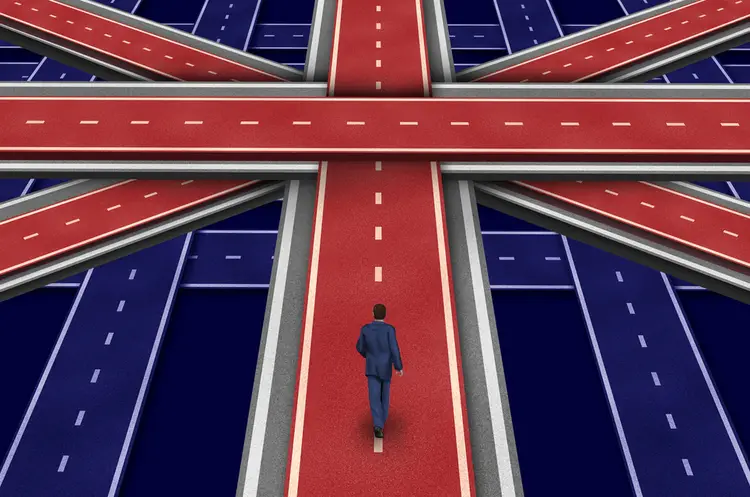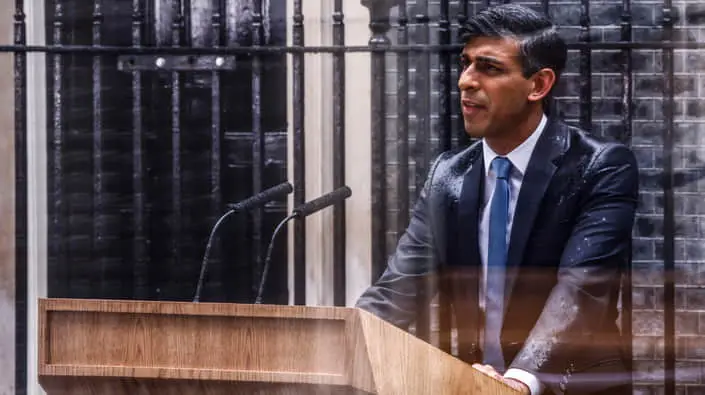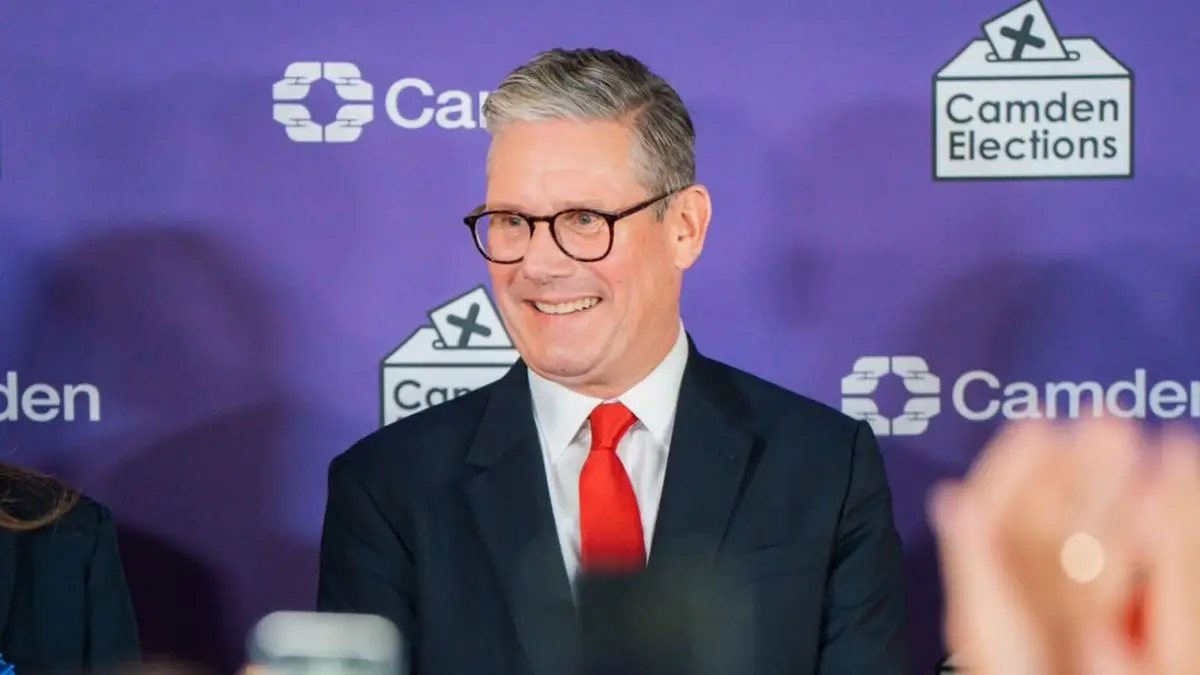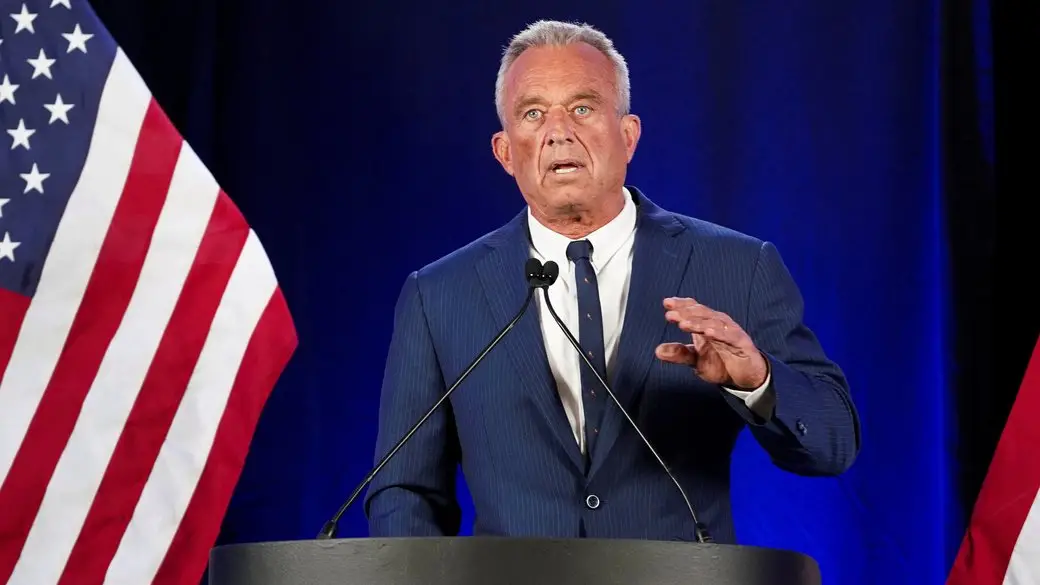Elections in Britain: The Biggest Defeat for the Conservatives in 14 Years

What Will Change in the Country's Politics
The Labour Party, led by Sir Keir Starmer, secured a majority in the House of Commons in the recent snap parliamentary elections, ending 14 years of Conservative rule in the United Kingdom.
While vote counting continued in some constituencies, the Labour Party had already officially won in 381 constituencies, ensuring a majority in the 650-seat House.
Exit poll forecasts, released immediately after the polls closed on Thursday evening, predicted that Labour could win 410 seats.
Keir Starmer and Shadow Chancellor Rachel Reeves, who is expected to hold a key position in the new government, both won decisively in their constituencies.
In his brief speech following the announcement of the results, Starmer stated:
"Change starts now because this is your democracy, your community, your future. You voted. Now it’s time for us to deliver on our promises".
Incumbent Prime Minister Rishi Sunak also retained his seat in the Richmond and Northallerton constituency. He acknowledged the Conservatives' defeat and congratulated Starmer on his victory.
"The transfer of power will proceed peacefully and orderly, with goodwill from all sides. This should instill confidence in the stability and future of our country. The British people have spoken today, there is much to learn... and I take responsibility for the defeat," said Sunak.
 Former British Prime Minister Rishi Sunak Photo: AFP/EAST NEWS
Former British Prime Minister Rishi Sunak Photo: AFP/EAST NEWS

Reasons Behind the Conservative Defeat
Voters considered the slowing economy to be the main issue. The Conservatives began their over-decade-long tenure following the 2008 financial crisis. During Rishi Sunak's tenure, inflation dropped from 11% to 2%.
Other concerns for the British public included the National Health Service, illegal migration across the English Channel, the housing market crisis, and climate change.
The Conservative Party was also affected by numerous government scandals, referred to by commentators as the "Nightmare on Downing Street". Boris Johnson was forced to resign under pressure from his party after revelations about parties at the Prime Minister's residence during COVID-19 restrictions.
Liz Truss replaced him, but quickly left office due to failed economic initiatives. Rishi Sunak also faced challenges, with several of his staff suspected of insider trading related to the snap elections.
A major issue in UK politics was the low support for the two main traditional parties, which stood at only 63% — the lowest level since the two-party system was established after World War I.
This situation led to a surge in smaller political forces such as Nigel Farage's ultra-right "Reform UK," the Green Party, and the Liberal Democrats.
Since the last election in 2019, real incomes in Britain have been falling at the fastest rate in 60 years. This affected both citizens and businesses, which faced a "perfect storm" due to russia's war against Ukraine, the aftermath of the COVID-19 pandemic, and Brexit.

What to Expect from the New Parliament
The UK needs strong economic growth, but neither the leading nor the smaller parties have a solid plan. The election winners will inherit a difficult legacy: a large national debt, low growth forecasts, and increasing demands for social support from an aging population.
New Prime Minister Keir Starmer has pledged to focus on reforms and long-term economic growth, but the first few months of his leadership will be marked by "challenging tasks" inherited from the Conservatives. Regarding the US, the UK remains one of the few European countries not fearful of Donald Trump's potential return to power. Starmer stated that he would work with any president, emphasizing that the UK-US relationship is above individual leaders.
On relations with Europe, the new Prime Minister ruled out rejoining the EU single market or customs union, but his party expressed willingness to consider removing some trade barriers with the EU. With the new party in power, London's stance on the war in Ukraine will remain unchanged. In their manifesto, Labour pledged that under their leadership, the UK's military, financial, diplomatic, and political support for Ukraine would remain steadfast.
Another significant issue for the party is the Middle East conflict. Starmer indicated a desire to recognize a Palestinian state but clarified that this step should be taken at the right time within the framework of the peace process.
In domestic policy, Labour, with strong ties to trade unions, advocates for increased government intervention in the economy, the establishment of social justice, and the strengthening of workers' rights.












